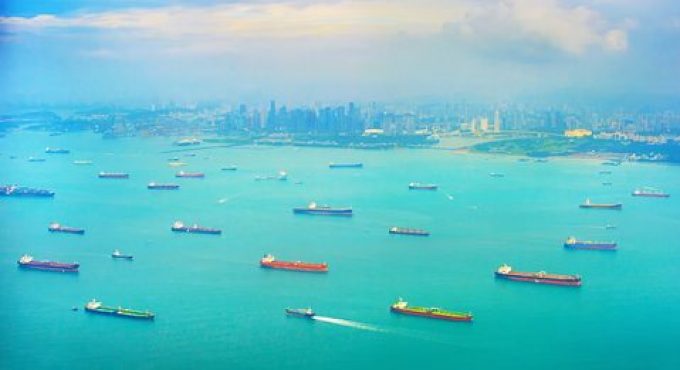OceanX radar – on the road in Asia: Hong Kong, Shenzhen, Ho Chi Minh...
something for the romantics…

Cargo owners should be alert for IMO 2020 surcharge “profiteering” by container lines, according to the Hong Kong Shippers’ Council (HKSC).
HKSC executive director Sunny Ho said: “Shippers should note that these surcharges are on top of the normal bunker adjustment factor (BAF) and the low-sulphur fuel surcharge (LSS) carriers introduced late last year [in Hong Kong].”
He said the surcharges could not be justified because the 0.5% sulphur cap was a “requirement for all shipping lines and hence part of the ...
Volcanic disruption at Anchorage could hit transpacific airfreight operations
Macron calls for ‘suspension’ – CMA CGM's $20bn US investment in doubt
Forwarders stay cool as US 'liberation day' tariffs threaten 'global trade war'
De minimis exemption on shipments from China to the US will end in May
Shippers snap up airfreight capacity to US ahead of tariff deadline
Tighter EU import requirements proving 'a challenge' for forwarders
Looming Trump tariffs will create 'a bureaucratic monster' for Customs

Comment on this article